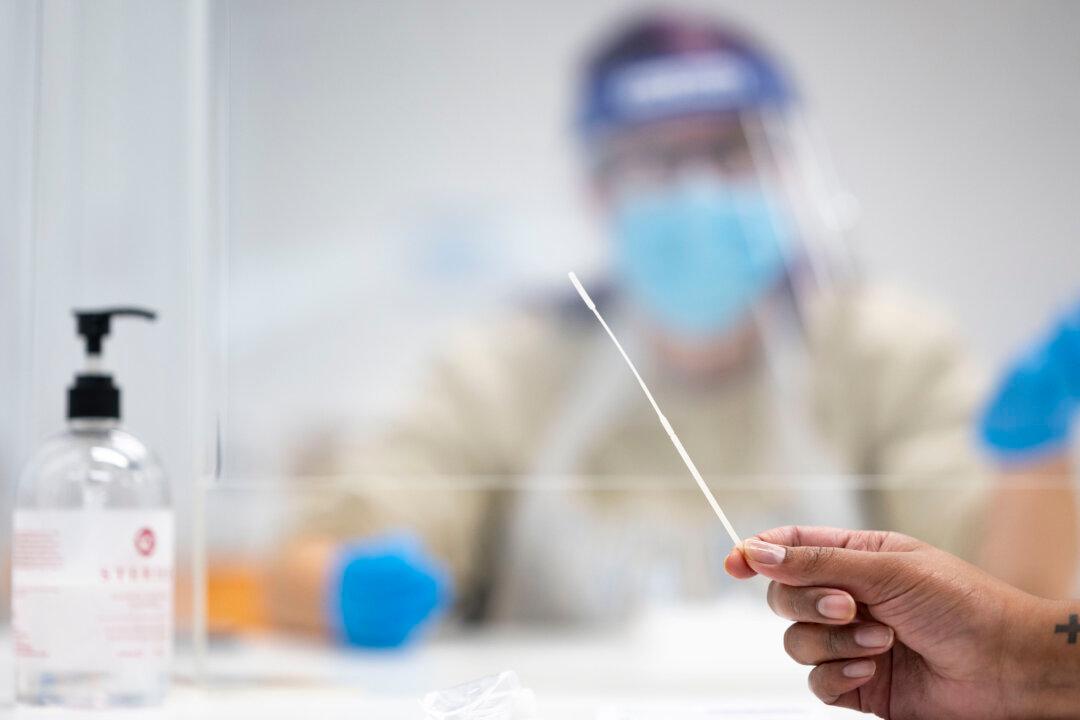A new variant of the CCP virus has been identified in the UK, Health Secretary Matt Hancock said on Monday.
Hancock told Parliament that over 1,000 cases have been identified with this variant, “predominantly in the South of England although cases have been identified in nearly 60 different local authority areas and numbers are increasing rapidly.”





